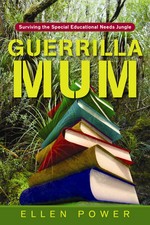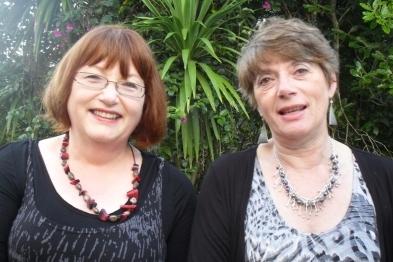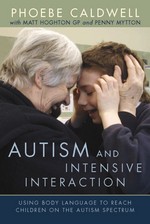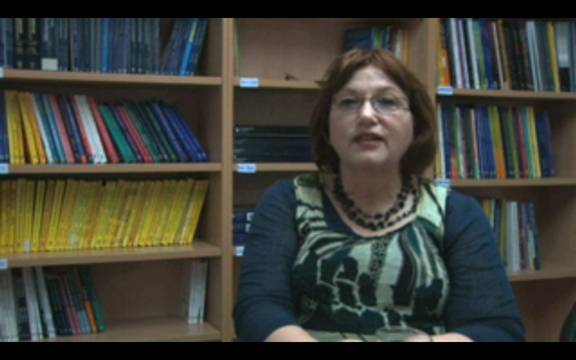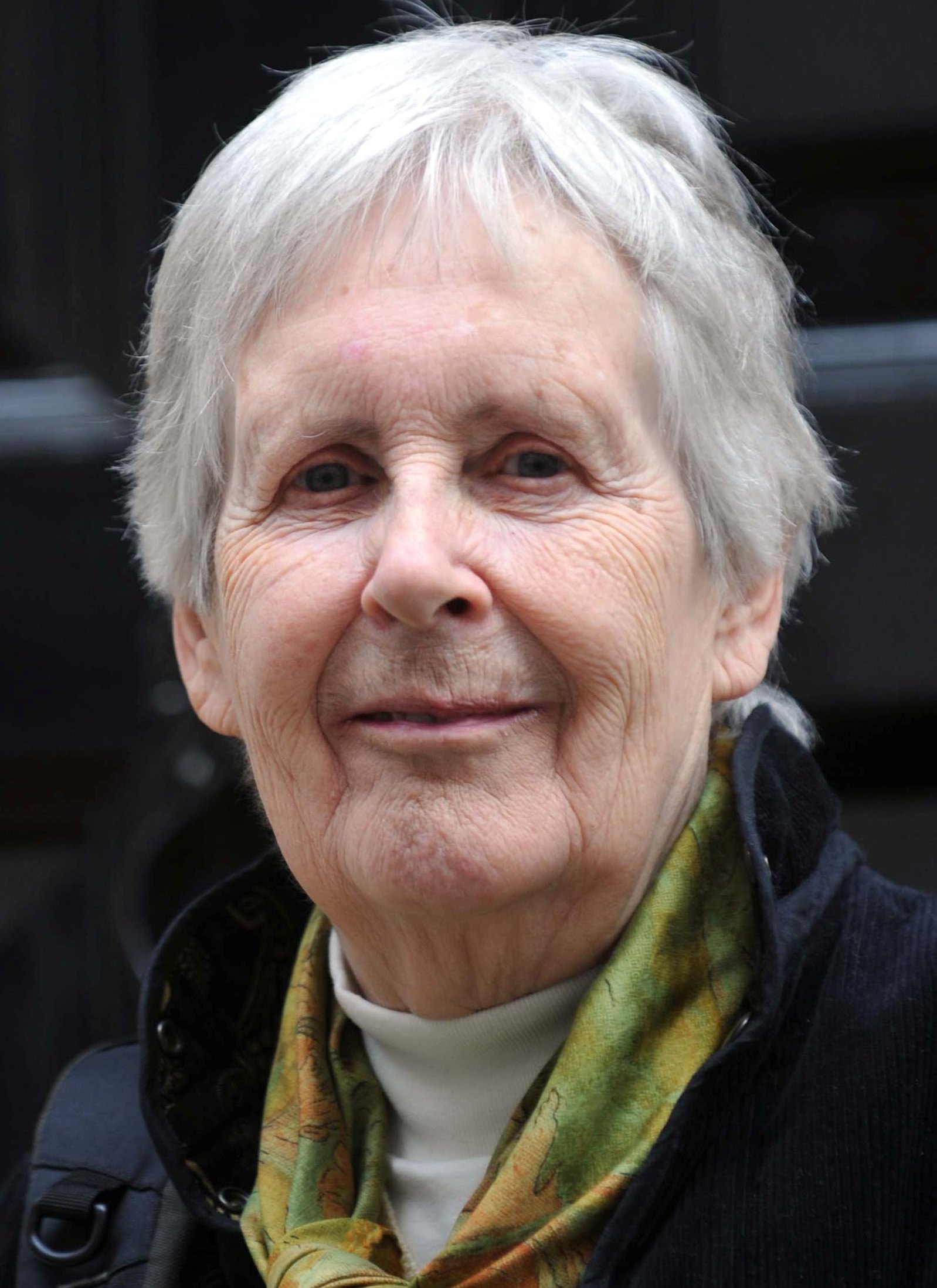Interview with Ellen Power – Part 4: How to create an educational system that fully meets the needs of children with SEN
“When you look at it on paper it is difficult to see why the current system for meeting the needs of children with SEN is so prone to failure. On paper it seems to work, but in practice there are some big weaknesses that lead to its failure.”
